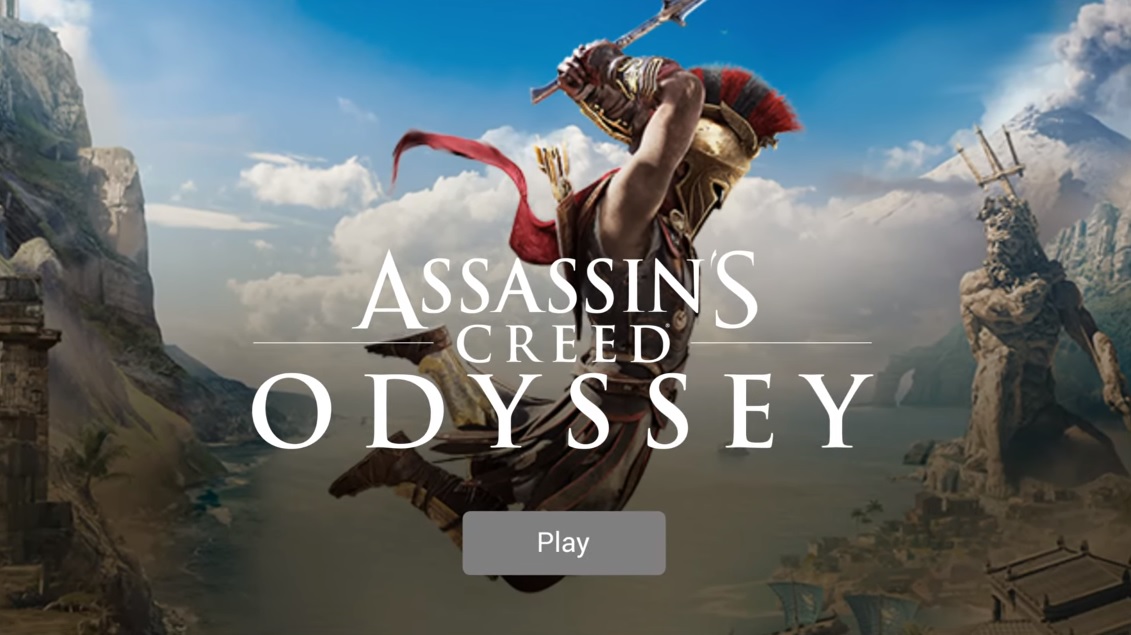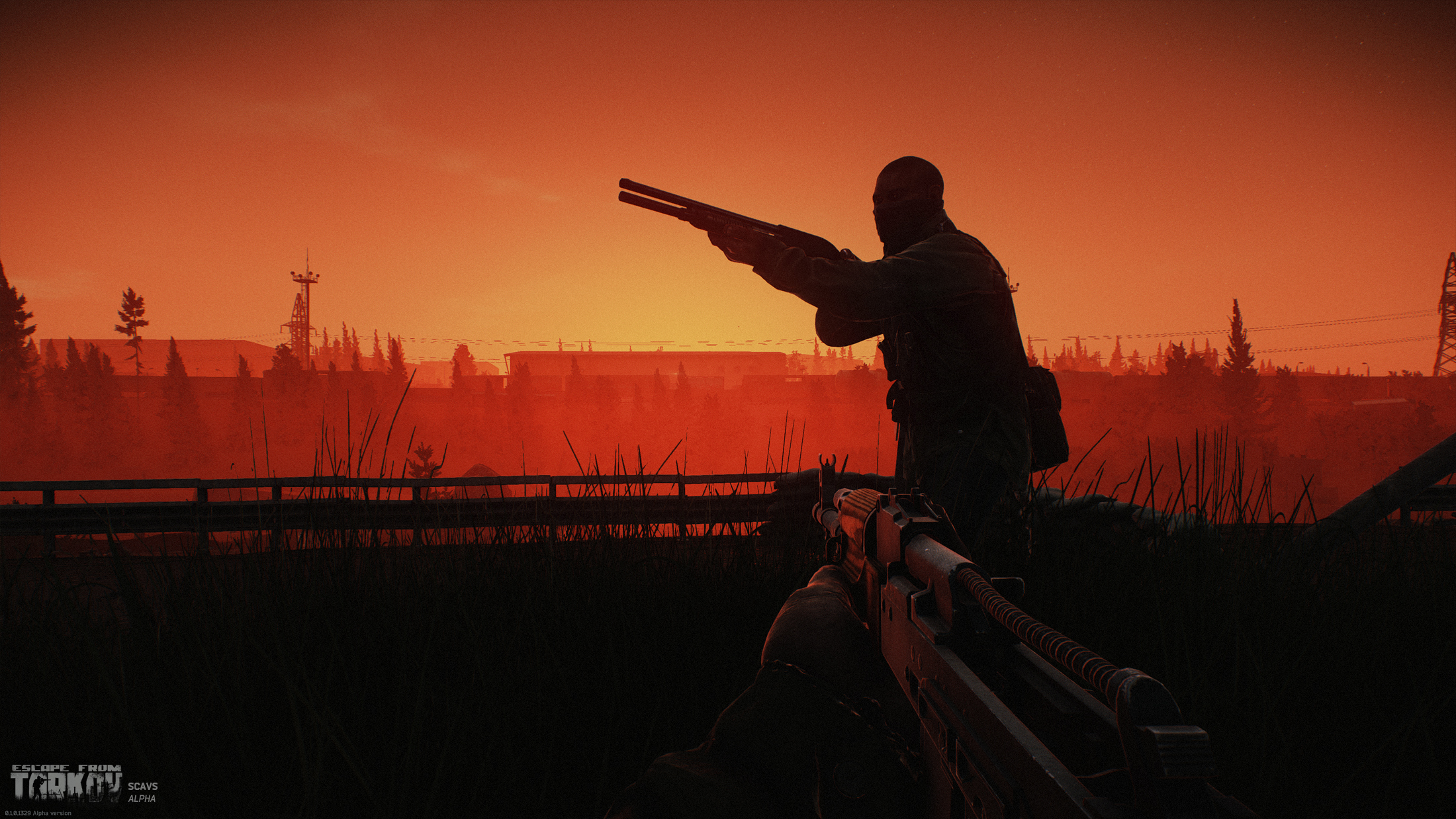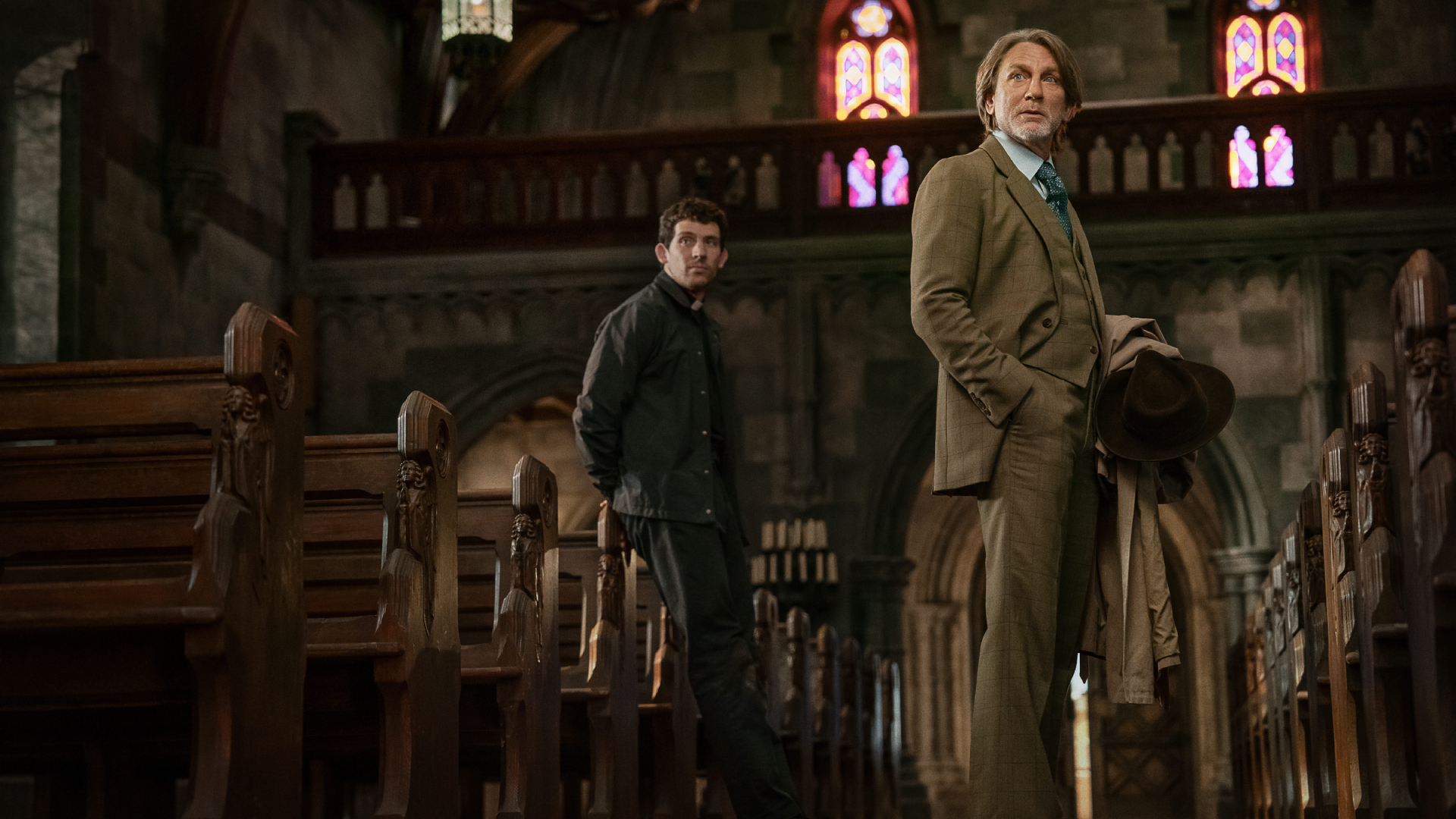Google says that if you can watch YouTube, you can play Stadia
Phil Harrison on what caliber of internet you need to play Stadia smoothly

Google Stadia could very well be the fabled 'Netflix for games' that the games industry has been trying and failing to make for years, but there are still plenty of questions surrounding the streaming service that need to be answered. Pricing, ownership, latency - the list goes on. In a recent interview with Polygon, Google vice president Phil Harrison addressed one of the more pressing questions: how good does my internet need to be to play Stadia?
"So with Project Stream [the beta test for Stadia], we recommended and set a threshold of about 25 megabits per second in order to enjoy 1080p / 60 frames per second," Harrison said. "In fact, we only used about 20 megabits per second. But we gave ourselves a little bit of a buffer in the calculations. When we launch, because we’ve made some very significant improvements to our encoder, our streamer, and our compression algorithms, we will get 4K / 60 frames per second in about 30 megabits per second. And then if you are at a lower resolution, you will obviously use significantly less bandwidth."
In other words, if you have a download speed of at least 20 Mbps, you should be able to play games via Google Stadia without issues. Or, as Harrison put it, "if you get a good YouTube experience, you’ll get a great Stadia experience." So in theory, if you can watch 1080p YouTube videos, you can play Stadia at 1080p.
Depending on the quality of your connection, Stadia will scale down to 720p, but Harrison said "we don't go lower than 720." Additionally, if your connection runs into a hitch, Harrison said "we have some very clever technology that will maintain frame rate before we drop resolution. We always try and maintain frame rate as best we can."
We'll have to wait and see how Stadia plays on an average Internet connection in a real-world setup, but based on our GDC Google Stadia hands-on, it's clear that Google isn't messing around when it comes to performance.
Weekly digests, tales from the communities you love, and more

Austin has been a game journalist for 12 years, having freelanced for the likes of PC Gamer, Eurogamer, IGN, Sports Illustrated, and more while finishing his journalism degree. He's been with GamesRadar+ since 2019. They've yet to realize his position is a cover for his career-spanning Destiny column, and he's kept the ruse going with a lot of news and the occasional feature, all while playing as many roguelikes as possible.


